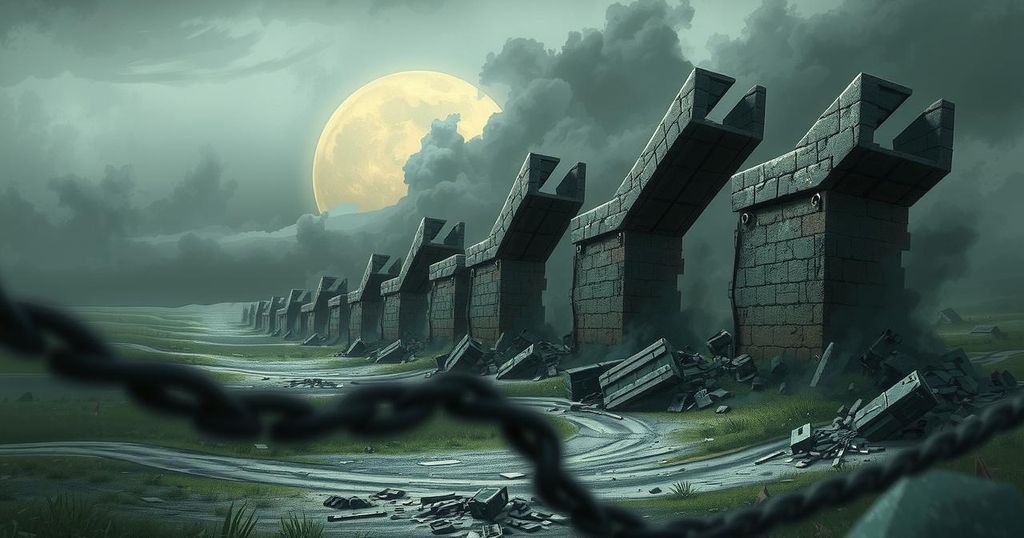Key Obstacles to Resolving the Ukraine-Russia Conflict According to Steve Witkoff

Steve Witkoff, Trump’s Special Envoy, identifies Crimea and surrounding regions as key obstacles in the Ukraine-Russia conflict. He discusses the implications of referendums indicating a desire for Russian governance and the constitutional issues Ukraine faces in ceding territories. Zelensky has rejected recognizing Russian control, complicating peace negotiations as both sides maintain firm stances amid ongoing hostilities.
Steve Witkoff, the US Special Envoy to the Middle East under President Donald Trump, emphasizes that the primary barrier to resolving the Ukraine-Russia conflict lies in the territorial implications concerning Crimea and the regions of Donetsk, Luhansk, Zaporozhye, and Kherson. He argues that the referendums in these areas reflect a desire among the Russian-speaking populations to align with Russia.
Witkoff expresses that constitutional issues in Ukraine complicate any potential concessions of these territories, pointing out that the current de facto control of Russia over the regions presents significant challenges to any agreements. He raises concerns about whether the international community will accept these territories as Russian and questions the political ramifications for Ukrainian President Volodymyr Zelensky if he were to concede.
In response to ongoing negotiations, Zelensky has stated that while territorial matters are central to future peace talks, any acknowledgment of the Russian occupation is unacceptable for Ukraine. “For us, the red line is the recognition of the Ukrainian temporarily occupied territories as Russian. We will not agree to it,” he asserts.
Witkoff also highlighted that discussions between US and Russian officials regarding the Black Sea Initiative were scheduled to occur in Riyadh, focusing on ensuring safe navigation and the resumption of grain exports. Despite ongoing efforts, reaching a consensus remains challenging due to differing priorities between the involved parties.
Zelensky has shown willingness to cooperate with Trump’s proposed ceasefire roadmap, which includes a suspension of military strikes on civilian infrastructure. However, Putin maintains rigid demands for Ukraine’s withdrawal from the occupied regions and the renunciation of its NATO ambitions.
As hostilities continue, particularly in Eastern Ukraine, Zelensky’s skepticism persists regarding Russia’s assurances, suggesting that mere promises may not suffice to halt Ukraine’s military actions against Russian targets. The outcome of the ongoing conflict remains in flux, hinging on forthcoming negotiations.
The Ukraine-Russia conflict faces significant obstacles, primarily surrounding territorial disputes and the status of occupied regions. While Witkoff asserts that referendums indicate a preference for Russian governance, Zelensky remains firm against acknowledging these occupations. With ongoing bilateral talks and a proposed ceasefire on the table, the future of these negotiations is uncertain amid Russian advances and continued Ukrainian skepticism. The complex interplay between domestic political pressures and international diplomacy highlights the intricate dynamics at play in resolving the conflict.
Original Source: www.livemint.com







